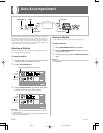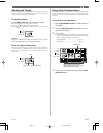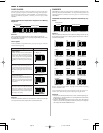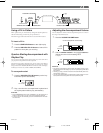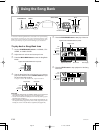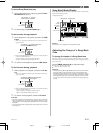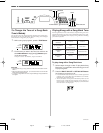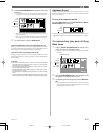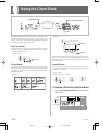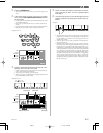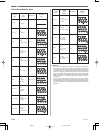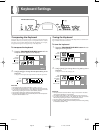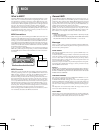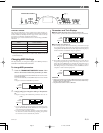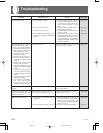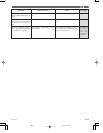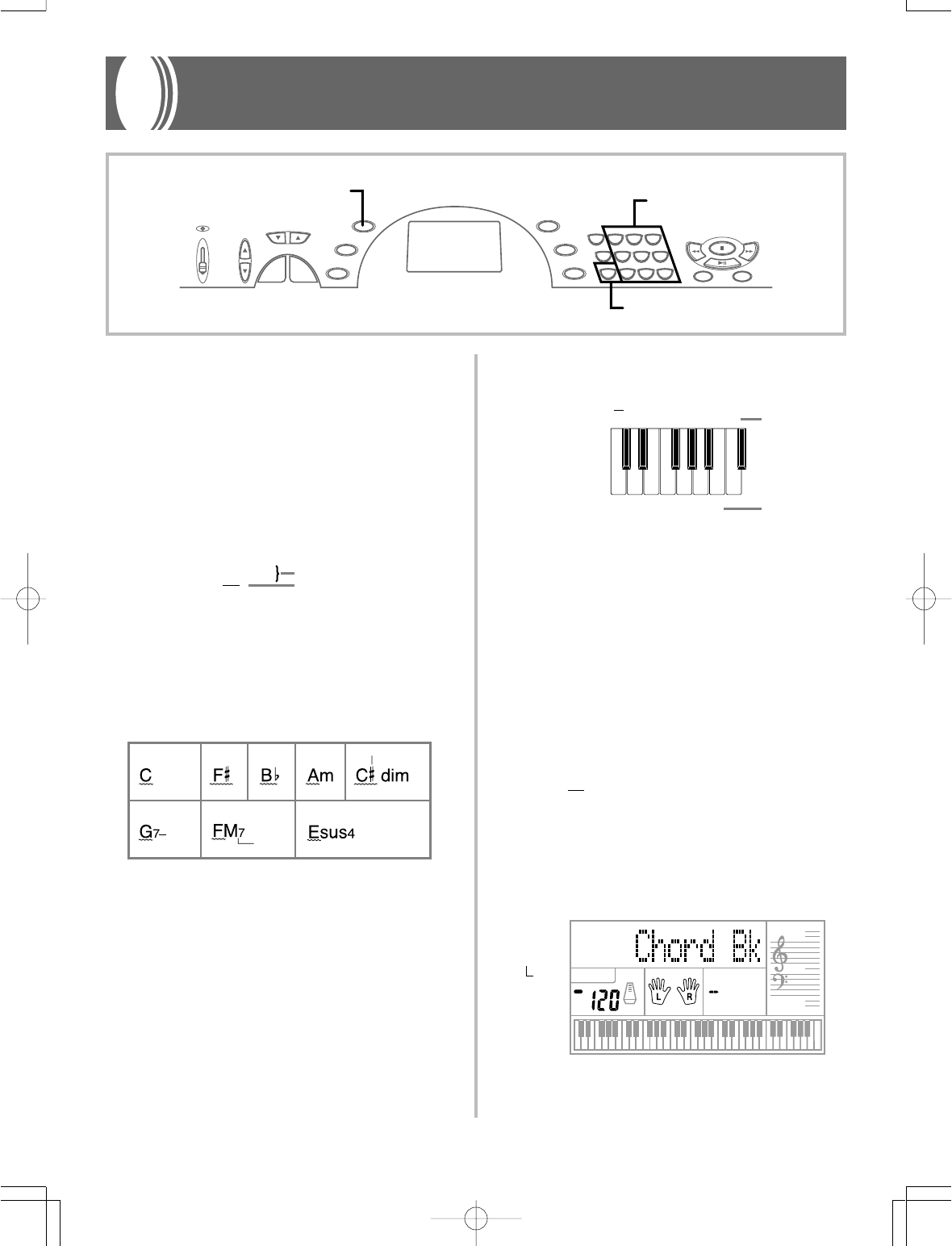
E-26
Chord Names
Chords are named using upper-case letters from A through G, which
indicate the root note of the chord. If the root note is a sharp or flat,
the chord itself is sharp or flat. A chord name may also be followed
by a degree number or other symbols that indicate certain character-
istics about the chord.
<Examples>
The Chord Book feature of this keyboard makes it possible for you to
look up information about chords quickly and easily. Simply input
the name of the chord and the keyboard keys you should press, the
fingers you should use, and the notes that make up the chord appear
on the display along with the chord name.
What is a chord?
A chord is made up of a root note, upon which is stacked a number of
other notes. A variety of different chords can be created by changing
the notes stacked onto a root.
<Example: C chord>
Sharps and flats can be referred to using either of the names shown
here. The names in the upper row of this illustration are used by this
keyboard, because they are the names that are most commonly used
in musical notation.
Inverted Forms
There are a number of different ways to play the same chord. A form
that is different from the basic form but still produces the same chord
is called an “inverted form.”
<Example: C chord>
All of the following are C chords.
Black keys
White keys
Using the Chord Book
Stacked notes
Root
Major seventh
Sus fourth
Seventh
Root
Root
Degree
Degree
Root Root Root Root Root
Root
Sharp
Flat Minor
Sharp
Diminished
<Note Names>
B
C
C
(D )
E
(D )
F
(G
)
A
(G )
B
(A )
DEFGA C
622A-E-028A
To Look Up a Chord Using the Chord Book
1. Press the CHORD BOOK button to enter the Chord
Book mode.
TONE
RHYTHM
SONG BANK
STATUS
TEMPO
MAIN VOLUME
CLEAR
Chord specification buttons
CHORD BOOK
01.7.26, 10:40 AMPage 26



